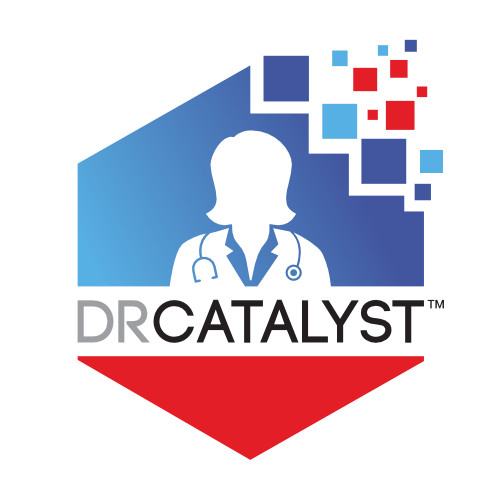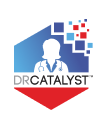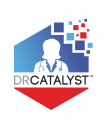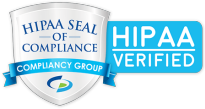Medical Credentialing in 2023: Why You Need it in Your Practice
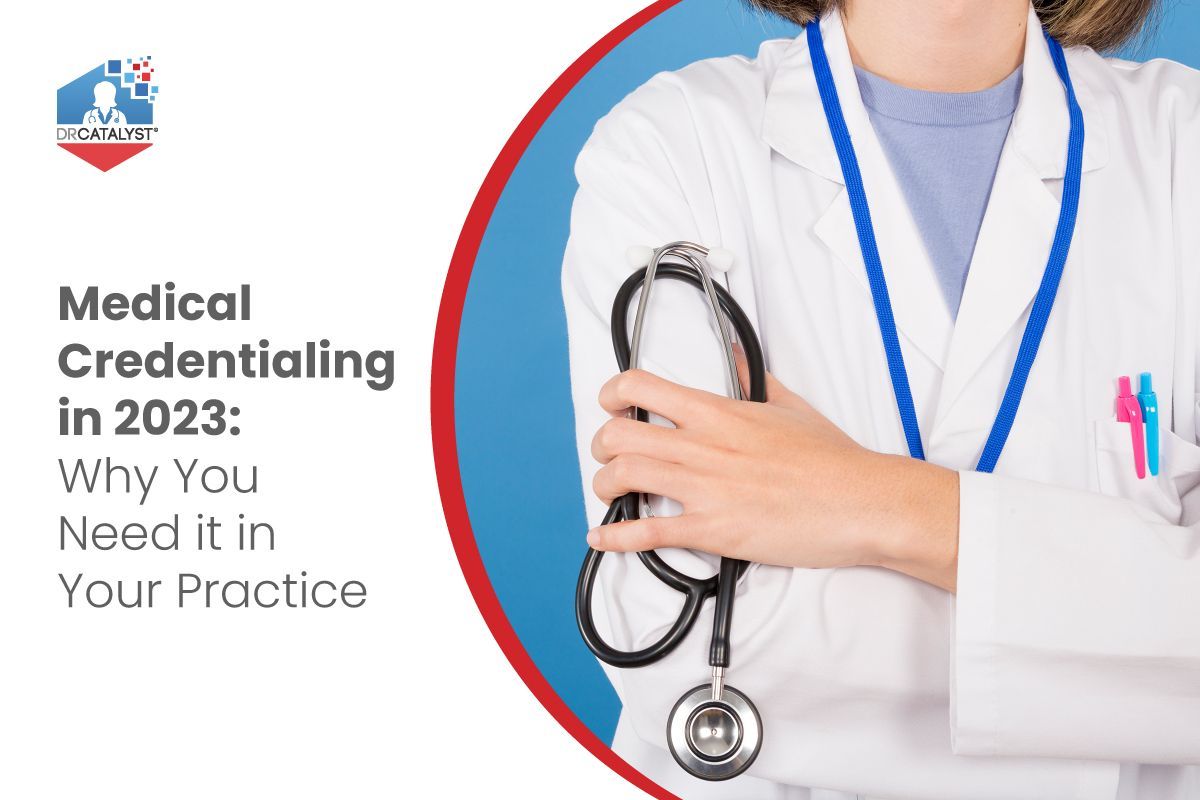
In the increasingly competitive world of healthcare, medical credentialing has become more important than ever. It’s a process that verifies medical professionals’ qualifications, experience, and expertise. It ensures they have met the required standards to provide high-quality patient care. As a healthcare provider, you must ensure your practice is up-to-date with credentialing medical requirements to maintain your reputation and avoid legal issues.
What is Medical Credentialing?
Medical credentialing verifies healthcare providers’ qualifications, experience, and expertise. An authorized organization, such as a hospital or insurance company, does this process. It involves the verification of educational degrees, training, licensure, and professional work history. Credentialing doctors also includes a review of malpractice claims, disciplinary actions, and criminal records.
Why is Credentialing Important?
Medical practice credentialing is important for both healthcare providers and patients. It ensures that healthcare providers are qualified and competent to provide safe and effective care to patients. Credentialing in healthcare also protects patients from harm and ensures that healthcare providers meet the standards of their respective professions.
In addition to these benefits, medical credentialing also helps healthcare providers by:
Meeting regulatory requirements
Regulatory bodies, such as Joint Commission and Centers for Medicare and Medicaid Services (CMS), often require medical credentialing. Compliance with these regulations is important to avoid penalties and legal issues.
Enhancing reputation
Medical credentialing is a way to demonstrate expertise and qualifications to patients and other healthcare providers. This can help to enhance a healthcare provider’s reputation and attract new patients.
Expanding insurance coverage
Insurance companies often require medical credentialing for healthcare providers to be eligible for coverage. Credentialing can expand the number of insurance plans a healthcare provider can accept, increasing revenue.
Improving patient care
Medical credentialing ensures healthcare providers have the necessary skills and knowledge to provide safe and effective care. This can improve patient outcomes and reduce the risk of medical errors.
Common Mistakes in Medical Credentialing
Medical credentialing is a crucial process that helps to ensure that healthcare providers meet certain standards of competence and ethical behavior. The process involves verifying a provider’s education, training, licensure, and other credentials. Despite the importance of credentialing, there are some common mistakes that healthcare organizations can make.
One common mistake is failing to keep track of credentialing expiration dates. It’s essential to ensure that all providers’ credentials are up-to-date and that they renew them as needed. Otherwise, providers may be practicing without valid credentials, which could lead to legal and ethical issues.
Another mistake is not verifying all of a provider’s credentials thoroughly. This includes not only checking their education, training, and licensure but also verifying any special certifications they may hold. Failing to do so could lead to providers practicing outside of their scope of expertise, which could put patients at risk.
A third mistake is not conducting ongoing monitoring of providers’ credentials. Just because a provider was properly credentialed when they were hired, doesn’t mean that their credentials will remain valid indefinitely. Ongoing monitoring helps to ensure that providers maintain their credentials and continue to meet the necessary standards.
Through DrCatalyst, our experienced team may take care of your
credentialing needs and overall maintenance. As medical providers, to entrust your credentialing with someone with less experience is not something we would do. We also value efficiency, saving your clinic ‘s staff time and money by completing credentialing and maintenance. Regular updates are also given in order to promote transparency and also to see our progress along the way.
Tips on How to Avoid Mistakes and Errors in Medical Credentialing
Mistakes and errors in medical credentialing can be costly to your practice, both in terms of time and money. Here are some tips to help you avoid mistakes and errors in medical credentialing:
- Get organized and stay organized
The first step to avoiding mistakes and errors in medical credentialing is to get organized and stay organized. This means keeping all your documents and records in a secure and easily accessible location, such as a locked file cabinet or password-protected electronic storage. You should also keep accurate and up-to-date records of your education, training, work history, and any disciplinary actions or malpractice claims.
2. Stay informed about regulatory requirements and standards
Regulatory requirements and standards are constantly changing, so it's important to stay informed about any updates or changes. You can do this by subscribing to industry newsletters or joining professional organizations that provide updates on regulatory changes. Make sure you're aware of all the requirements and standards for the credentialing process, and stay up-to-date with any changes.
3. Double-check all your information
One of the most common mistakes in medical credentialing is submitting inaccurate or incomplete information. To avoid this, double-check all the information you submit, including your personal information, education and training history, work experience, and references. Make sure everything is accurate and up-to-date before submitting your application.
4. Be transparent and honest in your application
Honesty is always the best policy, especially when it comes to medical credentialing. Be transparent and honest in your application, and disclose any past disciplinary actions, malpractice claims, or criminal convictions. Failing to disclose this information can lead to delays or even denials of your application.
5. Use credentialing software or services
Credentialing software or services can automate the credentialing process and help you stay organized and compliant. These services can help you track your credentials, manage your documents, and stay up-to-date with regulatory requirements. Using these services can help you avoid mistakes and errors in the credentialing process.
6. Make sure your insurance policy meets regulatory requirements
Medical malpractice insurance is a crucial part of the credentialing process, and it's important to make sure your policy meets all the requirements of regulatory agencies. Make sure your policy covers all the services you provide, and that you have adequate coverage for any potential claims.
7. Stay in communication with your credentialing team
Staying in communication with your credentialing team or department is essential to avoiding mistakes and errors in the credentialing process. Respond promptly to any requests for additional information or documentation, and make sure you're available to answer any questions or concerns.
8. Stay up-to-date with continuing education requirements
Continuing education is a requirement for many healthcare professionals, and it's important to stay up-to-date with these requirements. Make sure you're completing all the required courses and maintaining your certifications and credentials.
9. Have a backup plan
Unfortunately, even with the best preparation, there's always a chance your credentialing application could be denied or delayed. It's important to have a backup plan in place, and be prepared to address any issues or concerns that may arise.
In conclusion, medical credentialing can be a challenging process, but with the right preparation and organization, you can avoid mistakes and errors that can be costly to your practice. By staying informed, double-checking your information, and using credentialing software or services, you can streamline the process and ensure your credentials are up-to-date and accurate.
Partner with DrCatalyst!
DrCatalyst offers a comprehensive medical credentialing service that streamlines the process of meeting regulatory requirements and maintaining healthcare providers’ credentialing status. Our end-to-end solution includes application preparation, document collection, and ongoing monitoring and maintenance. With our expertise and advanced technology, we provide an efficient and reliable credentialing solution for healthcare providers.
Know more about “what is credentialing in healthcare?” or the
credentialing process in healthcare and pricing by
contacting us. You can also visit our main webpage for more information and a
downloadable brochure.
Useful Links
Contact
3100 Carr 199, STE 202
San Juan, PR 00926-7660
United States
Useful Links
DrCatalyst | All Rights Reserved.
Contact
3100 Carr 199, STE 202
San Juan, PR 00926-7660
United States
Useful Links
DrCatalyst | All Rights Reserved.
